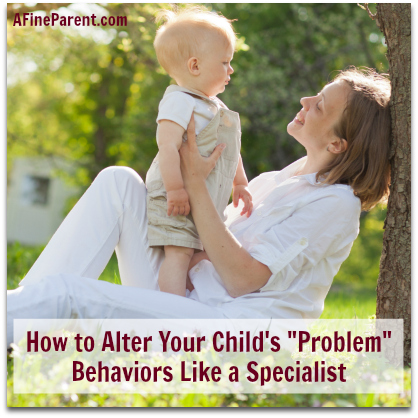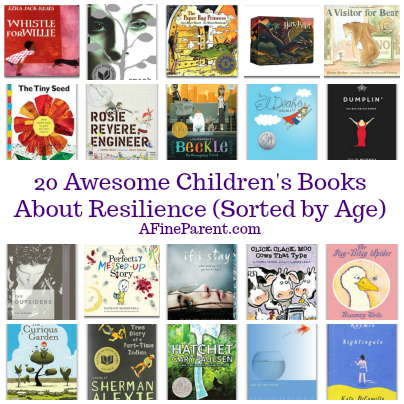 I walk into daycare at the end of the day.
I walk into daycare at the end of the day.
My 2 year-old is at the table, playing with Play-Doh.
Upon seeing me, he holds his little hand out in a “stop” motion. He shakes his head and says “no no no,” while covering the Play-Doh with his other chubby fingers.
His message is clear. Mom is here, so that means it’s time to go… but I’m having fun and I want to stay.
That’s okay because I’m in no rush. I hug my daughter and listen to her chatter about her day. I gather up jackets and backpacks while talking to our daycare provider.
At some point, my son gets down from the table, grabs his teddy bear, stands in the middle of the room, opens his mouth, and lets out an eardrum-blowing scream.
The kind of scream that rises to an octave so high, I’m pretty sure all the neighborhood dogs will have gathered outside.
Unprompted. Unexpected. Happy as a clam just a second ago.
Behaviors like this, especially when they happen often (this is not the first time I’ve heard that blood curdling scream come out of my cute little blonde-headed babe), can be frustrating.
The frustration is there because these behaviors often seem uncalled for. They are unpredictable and can be time-consuming. Whether it’s your toddler testing her new found sense of freedom, or an older child who is struggling with something more specific, it can be easy to get swept up in the frustration of the situation and start thinking of them as “problem” behaviors.
We may find ourselves reacting in ways that we are hoping will just stop the behavior on the spot. We may find ourselves yelling, reprimanding, threatening or picking our kids up and physically removing them from the situation.
Worse yet, we may find ourselves so frustrated by how the behavior has affected our day, that we don’t take the time to look deeper and understand why the behavior exists.
Here’s the rub: All behavior has a reason behind it.
I am a behavior specialist in a public school system in Maryland. I have 14 years of experience working with children from 3 to 21 in both the public and nonpublic school realms. I also have an almost unhealthy obsession for keeping up with the latest studies in this field; which comes in handy when it’s time to teach behavior-based trainings.
So I understand this: [Read more…]
 Watching a child learn and grow is truly a pleasure. Each day, parents are delighted as their child discovers new experiences, develops new skills, and comes to understand more about the world around her.
Watching a child learn and grow is truly a pleasure. Each day, parents are delighted as their child discovers new experiences, develops new skills, and comes to understand more about the world around her. You were hoping to get through this simple errand without any misbehavior from your strong-willed child, but—as usual—here you are again, in a public situation with a child who isn’t quite meeting your expectations for public behavior.
You were hoping to get through this simple errand without any misbehavior from your strong-willed child, but—as usual—here you are again, in a public situation with a child who isn’t quite meeting your expectations for public behavior. When my daughter stepped off the bus, I could immediately tell by the pout of her lips and the little wrinkle between her eyebrows that something was wrong.
When my daughter stepped off the bus, I could immediately tell by the pout of her lips and the little wrinkle between her eyebrows that something was wrong. It was the beginning of the school year and my son was learning Algebra. It was not going well.
It was the beginning of the school year and my son was learning Algebra. It was not going well.